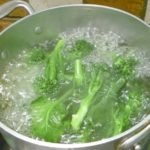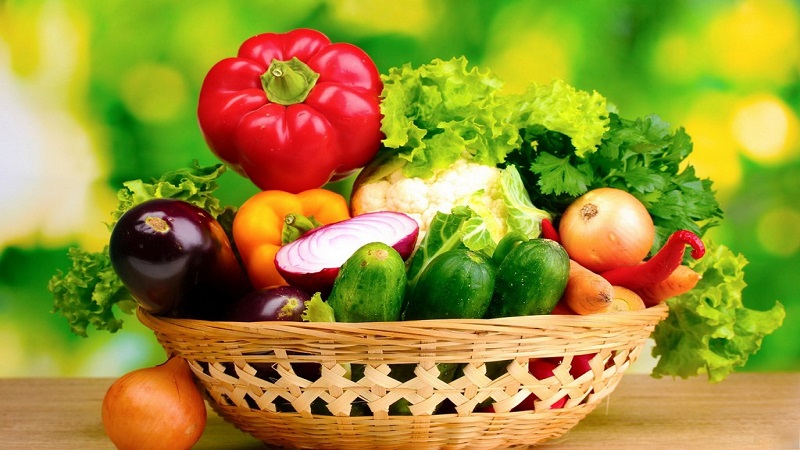
1. Storing Vegetables for Too Long
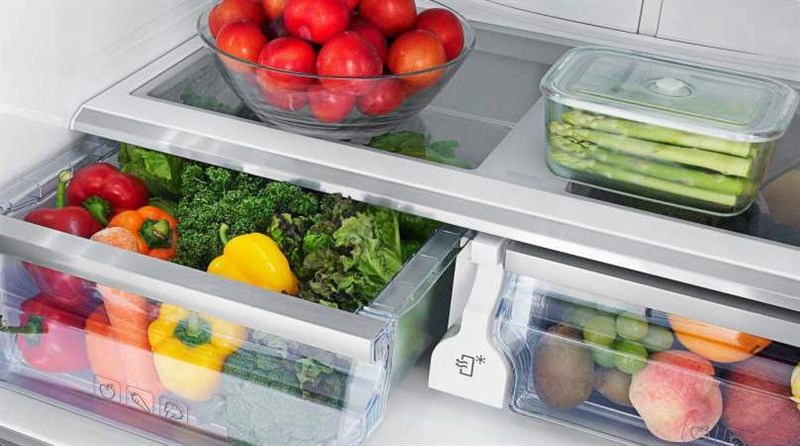
While it’s convenient to buy groceries for the entire week, storing vegetables for too long can lead to a loss of essential nutrients. To maintain their nutritional value, it’s best to consume fresh produce within a few days of purchase.
2. Discarding Vegetable Leaves
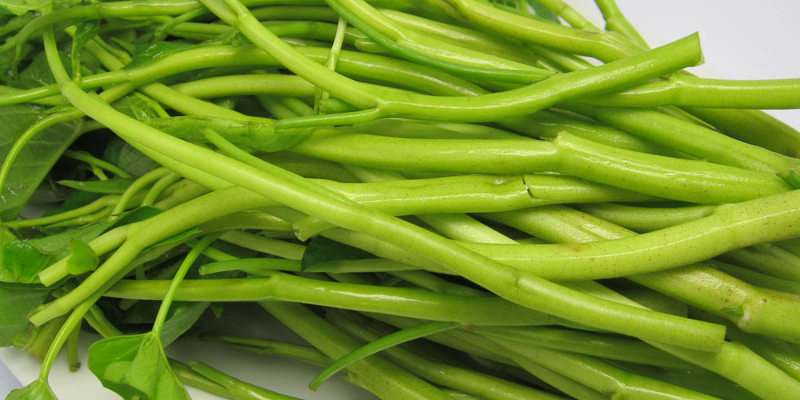
Did you know that the leaves of vegetables contain just as many vitamins as the stems? Instead of discarding them, include the leaves in your meals to boost your vitamin intake and reduce waste.
3. Peeling All Vegetables
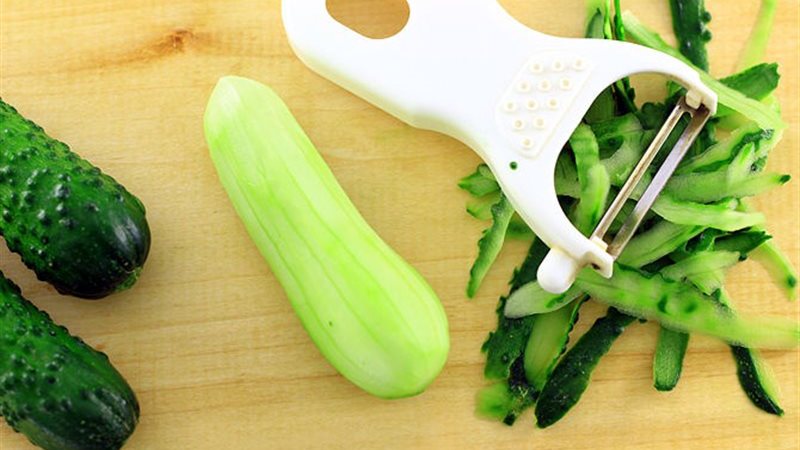
While it’s common to peel vegetables to remove dirt and pesticides, some vegetable peels are packed with nutrients. For example, the peels of pumpkins, radishes, carrots, and eggplants contain higher levels of Vitamin C than their flesh. So, unless the peels are tough or bitter, give them a good wash and keep them intact.
4. Cutting Vegetables Before Washing
Always wash your vegetables before cutting them. Cutting vegetables first and then washing can cause a significant loss of nutrients as they dissolve in the water. Rinsing them beforehand ensures you retain all the goodness.
5. Rinsing Vegetables in a Basin
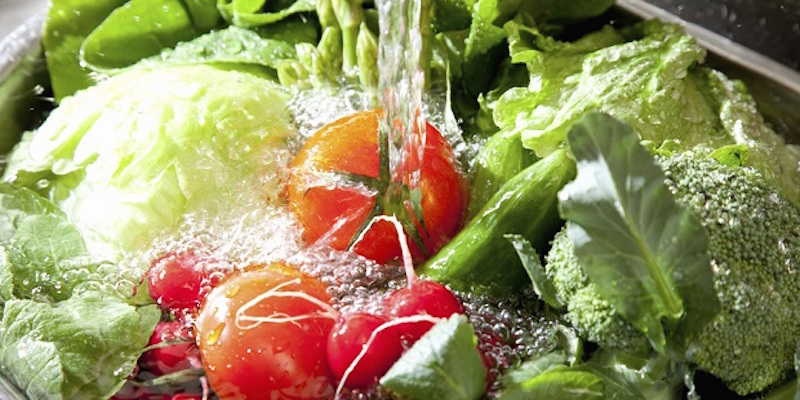
Rinsing vegetables in a basin may not effectively remove all contaminants. Instead, wash them under running water to reduce the risk of bacteria, pesticides, and other impurities from re-entering the vegetables.
6. Overwashing Mushrooms
Mushrooms are rich in Ergosterol, which converts to Vitamin D when exposed to sunlight. However, overwashing or soaking mushrooms can deplete this vital nutrient. A quick rinse is all they need to be kitchen-ready.
Avoid cooking mushrooms in iron or copper cookware to prevent nutrient loss.
7. Consuming Too Much Raw Salad and Vegetables
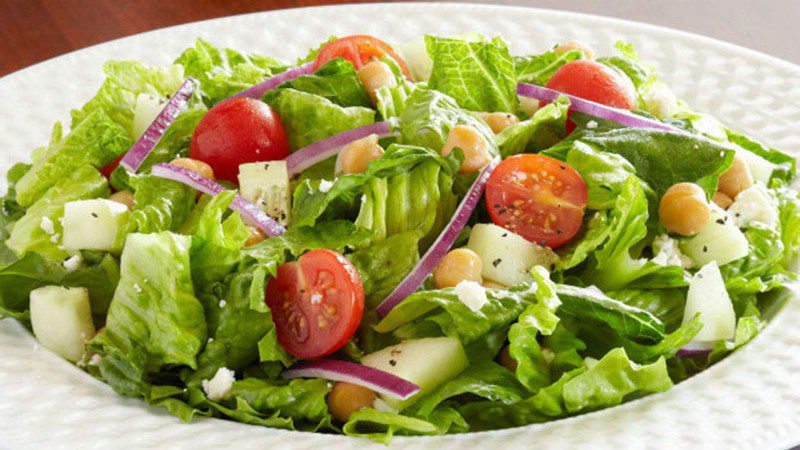
While salads and raw vegetables are healthy, they may carry a higher risk of pesticide residue. Opt for organic, hydroponically grown, or thoroughly washed produce to minimize the risk of consuming harmful chemicals. However, it’s best not to overindulge in raw salads.
8. Consuming Bitter Melon (Bitter Gourd) Raw
Bitter melon, also known as bitter gourd, contains oxalic acid, which can interfere with calcium absorption. To reduce its bitterness and lower oxalic acid levels, it’s best to blanch or cook it before consumption, especially for children who need ample calcium for growth.
9. Excessive Consumption of Raw Bean Sprouts
Bean sprouts are nutritious and can be eaten raw or cooked. However, excessive consumption of raw bean sprouts may cause digestive issues like nausea, diarrhea, and dizziness. It’s advisable to cook them to avoid any potential health risks.
Most of us are likely making at least one of these mistakes. To ensure we get the most out of our vegetables in terms of nutrition, vitamins, and minerals, let’s gradually work on changing these habits.
Reference: http://vietnamnet.vn
“The Ultimate Guide to Speedy and Easy Food Chopping”
“Even the most experienced home cooks can fall victim to the occasional kitchen mishap, such as a nasty knife cut or a tough, chewy steak. But fear not, with a few simple tips and tricks, you can easily master the art of food preparation and say goodbye to kitchen catastrophes. Learn how to effortlessly slice through even the toughest meats and discover the secrets to a perfect, tender bite every time. It’s time to elevate your culinary game and become a master chef in your own right.”
























